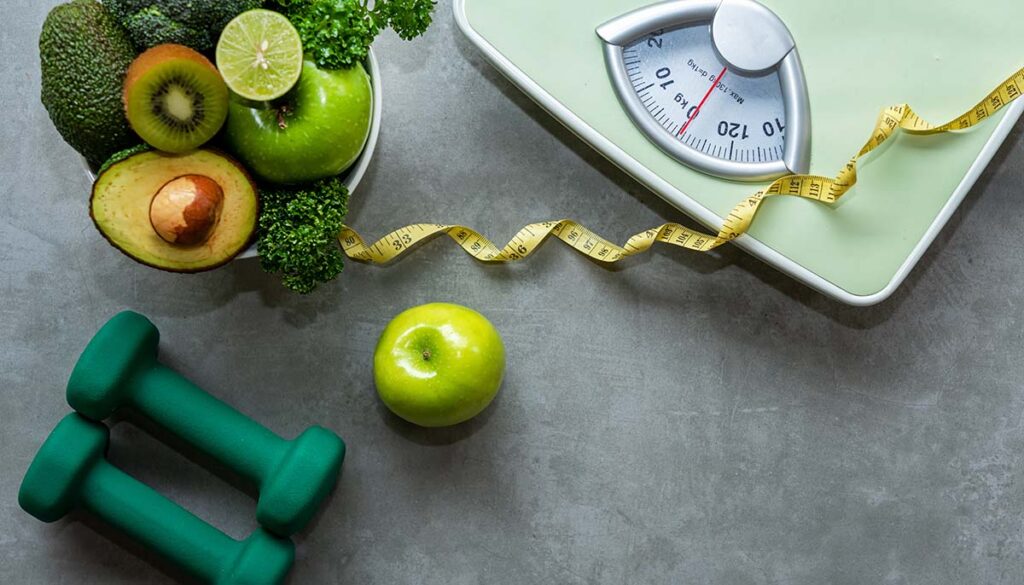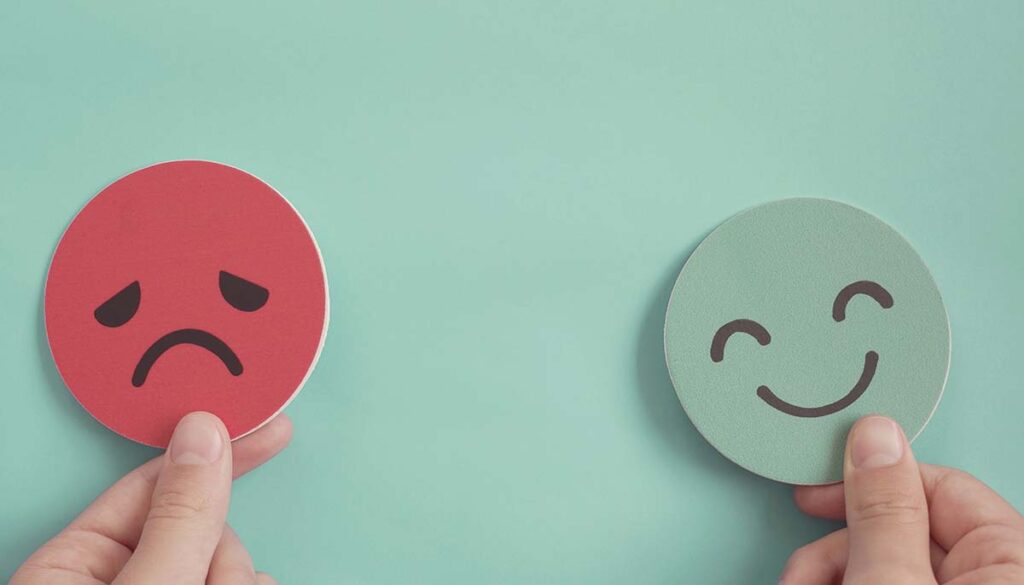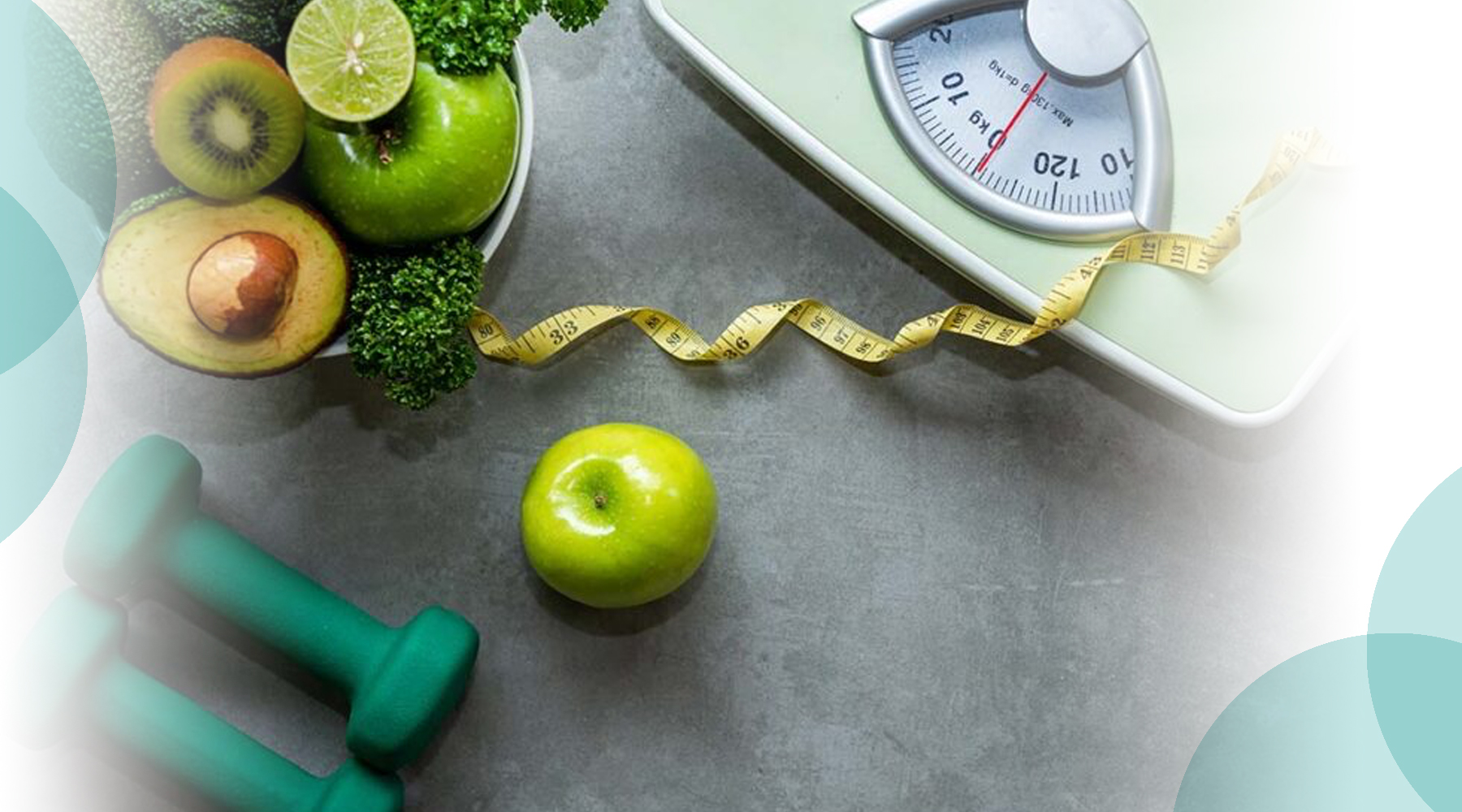Weight loss trends are a dime a dozen, and most aren’t worth buying into. If any diet requires you to drastically change your eating habits overnight, dieticians say to proceed with extreme caution.
No matter the benefits, extreme dieting always comes with risks. Due to its promise of rapid weight loss, many feel the hormone diet easily falls under the extreme dieting umbrella. Many dieticians also argue that any form of extreme dieting can actually cause hormone imbalances. So how does the hormone diet actually work? Is it worth the hype along with the risks? And should you try it?
As with all dieting, that answer is ultimately up to you. But here’s what we’ve learned about the hormone diet so far.
What is The Hormone Diet?
Sometimes called “the hormone reset diet,” the hormone diet is a three-step, six-week diet plan designed to promote hormonal harmony, fix imbalances, and improve overall wellness in a lasting way.
Per Byrdie, “the hormone diet is a diet plan that originated from a book created by Dr. Natasha Turner, a doctor of naturopathic medicine. The diet aims to control women’s hormone fluctuations that cause weight gain and other health issues.”

Many who believe their typical diet is doing more harm than help turn to this diet to fix hormonal fluctuations. In addition to an eating plan, the hormone diet includes a detox process, consistent exercise, and supplements. When it comes to what you can and can’t eat, it’s also incredibly restrictive but similar to the heart-healthy Mediterranean diet.
Per Healthline, “Because of its focus on eating whole, minimally processed foods and getting adequate sleep, physical activity, and mental health care, The Hormone Diet may help you lose weight.”
How Does it Work?

As with all diets, there is no one-fits-all approach. If you want to try the hormone diet, consider working with a dietician. Eating plans should be catered to your specific needs. How well it works will depend largely on your dietary requirements and restrictions going in. But generally speaking, this is how it works:
- Phase one lasts for two weeks. During this time, you will go through an intensive detox where certain food groups are completely removed from your regular diet, including gluten, cow dairy, certain oils, peanuts, sugar, red meat, citrus, alcohol, caffeine, and artificial sweeteners. You’ll also be required to incorporate certain supplements into your daily routine, including fish oil and probiotics.
- Phase two allows you to re-introduce certain foods into your diet, keeping a close watch on how your body responds to each food. But a few foods will remain completely off-limits, including meat, most kinds of coffee, dried fruit, refined grains, artificial sweeteners, and anything processed.
- During phase three, you’ll start working out. The primary forms of physical activity will be cardiovascular exercise and strength training.
Read More: Surprising Sources of Hidden Sugar In Your Diet
How Safe is The Hormone Diet?
While hormone regulation is a primary goal of this diet, many turn to it for weight loss. Losing weight at a rapid rate is never recommended. Ask any health professional and they’ll agree: losing more than 1 or 2 pounds a week is not in the best interest of your health, nor will it help you achieve or maintain long-term results.

As noted by Byrdie, “The Hormone Diet claims to cause weight loss of 12 lbs in the two weeks of phase one, which is much too fast for what is considered safe and sustainable.”
However, it’s important to note that a significant chunk of the initial weight loss is due to shedding water weight that often follows eliminating grains and other foods that typically lead to water retention. This sudden drop in weight can be deceiving, as it is not representative of the true, long-term weight you may drop and keep off on the hormone diet. Water weight can come back quickly.
So don’t buy into the “12 lbs in two weeks” hype. Anything that averages more than 2 pounds a week falls under the umbrella of extreme, and potentially dangerous dieting. These expectations may also lead to an unhealthy relationship with yo-yo dieting, so pace yourself and be patient with any and all fluctuations.
The Biggest Benefits, According to Dieticians
The hormone diet is built around eating whole, nutrient-dense foods, especially for the first six weeks. During this time, you’ll be eliminating refined sugars, high fructose corn syrup, and processed foods as often as you can. This shift in your diet towards foods that are better for you, no matter how much weight you lose, can be an extremely positive thing.
The hormone diet may be new to the scene, but thanks to a diet that’s pretty similar, we know that some of its benefits can be lasting. As noted, the hormone diet may be the Mediterranean diet’s closest cousin. This means a diet high in fiber and low in saturated fat. However, you’ll still be able to feast on beans and lentils, nuts, seeds, fruits, vegetables, lean protein, and any unsaturated oils.
Generally, this makes it a highly heart-healthy diet, according to dieticians. It may also boost energy levels and reduce chronic fatigue, but research remains ongoing.

The Hormone Diet promotes healthy lifestyle choices, eliminating things like alcohol, fried foods, processed foods, artificial sweeteners, and saturated fat, which are well-known not to be the healthiest choices for anyone. Even if you don’t give the hormone diet a try, dieticians recommend cutting back on (or completely eliminating) all of these things.
The benefit is that you’ll be focusing on nutrient-rich foods and limiting the foods that are often deemed indulgent and potentially unhealthy. The hormone diet aims to tweak lifestyle imbalances and fine-tune one’s overall wellness. When our hormones are in order, it’s been proven that our sleep, hydration, and mood can significantly improve. In turn, stress levels that spike with hormonal imbalances levels out too.
Overall, the hormone diet promotes consistently health-conscious choices, which can positively impact your hormone function, and potentially, you’ll find it easier to lose weight. But as with all forms of dieting, it comes with its own set of risks.
The Potential Risks Should Not Be Overlooked
While there are studies that suggest the hormone diet can improve many areas of one’s day-to-day, there is minimal evidence to back up those claims. In part, that’s because the hormone diet is still somewhat new.
Ultimately, you are the only one who can say how well it works for you. You are the only one who can make note of the improvements and changes you’ve noticed. Right now, more research needs to be done before anything can be said definitively about the hormone diets’ long-term benefits.
Most notably, the claim that you can drop 12 lbs in 2 weeks continues to alarm most dieticians.

On top of drastic and potentially dangerous weight-loss claims, those with a true hormone imbalance should not rely on this six-week diet plan to correct it. “Blood turnover takes at least three months. Additionally, the elimination of isolated foods has not been shown to correct hormonal imbalances. Rather, it’s the balance of food intake and overall consistent carb intake,” per Byrdie.
Not to mention, the hormone diet may not be suitable for everyone’s lifestyle and budget. You are required to eat entirely organic foods and you will need to cook most of your meals. In other words, taking the hormone diet seriously can get expensive. And if you prefer to order in or buy already prepared food, it can be hard to stick to.
If you’re looking to eat a more balanced diet, you don’t need to break the bank or be too strict with yourself. Due to its focus on whole foods, some of this diet’s suggestions are undoubtedly useful, but having a little wiggle room on any diet is healthy too.
The Bottom Line
No matter how tempted you are to try it, any diet that claims it can “fix” your hormones should be taken with a grain of salt. Since we are all different, results will vary. But no matter the rules of a diet trend, you should never adopt a lifestyle choice that makes you miserable. So find a diet that truly works for you, even if it takes a little trial and error.
Those who have more of a lifestyle imbalance than a hormonal imbalance might reap the most rewards from diets like this one. On the other hand, if you think you have a true hormonal imbalance, you should speak to your health care provider before committing to any restrictive diet plan. Generally, dieticians advise not treating the hormone diet as a cure for any hormonal issue.

If “everything in moderation” rings true, I feel that should apply to dieting as well. Too much change too quickly can be a shock to the system. Maybe start making healthy adjustments to your diet by gradually eliminating things that you know are less-than-great for your health. But don’t change your entire routine overnight.
If you’re ready to make a healthy change, dieticians advise doing so gradually. Cut something out that you know you do not need. Pay attention to how your body responds to each change. And above all else, be gentle with yourself when you start any diet and know the risks going in.
Read More: The Wildest Fad Diets Classic Films Stars Actually Followed













